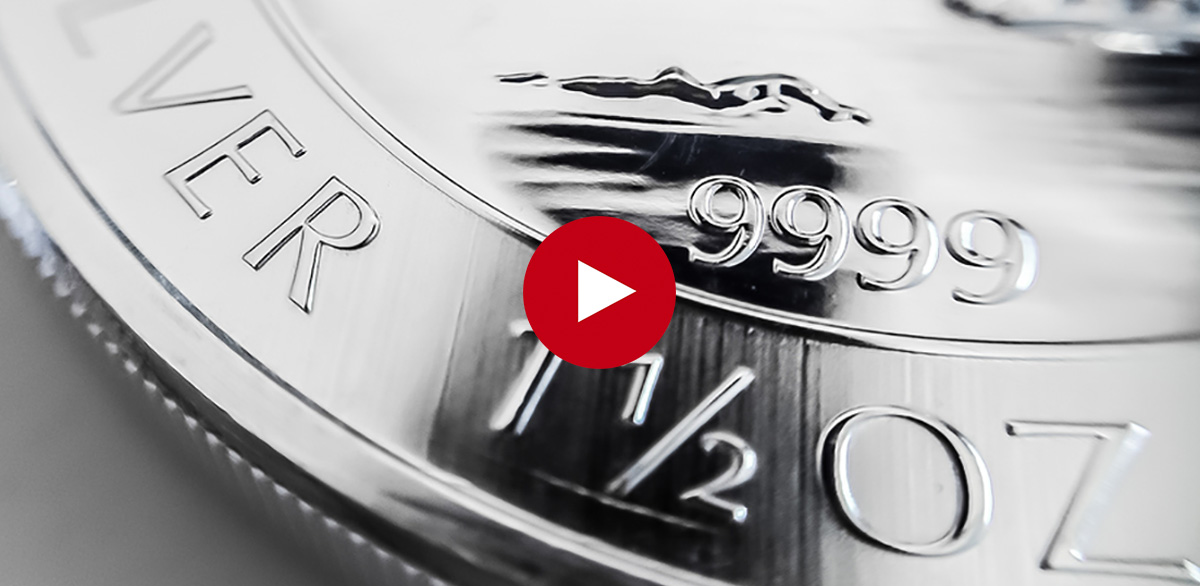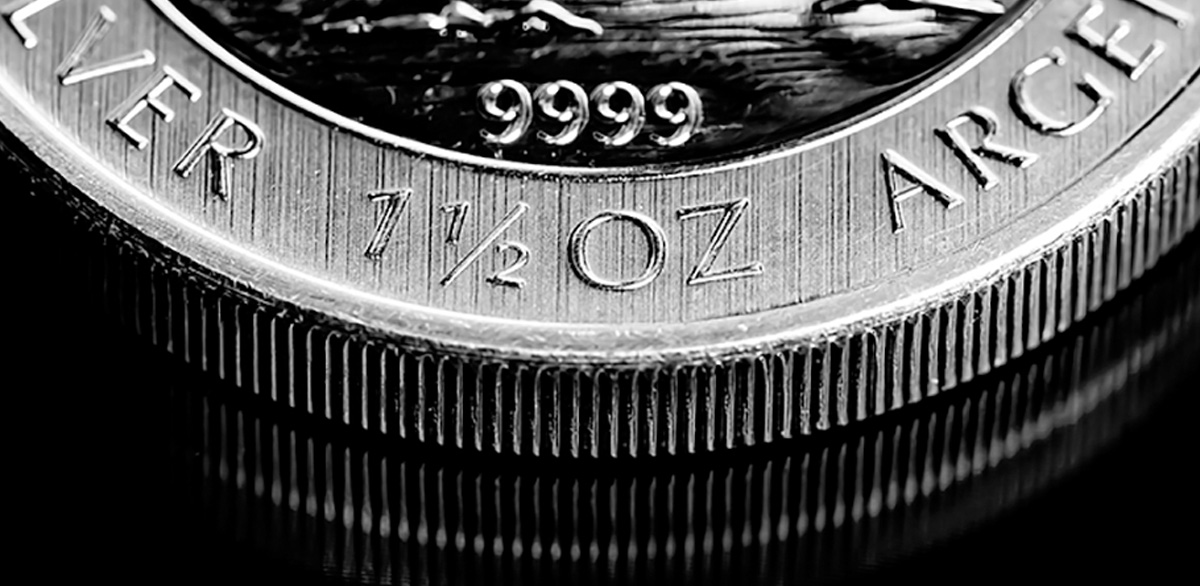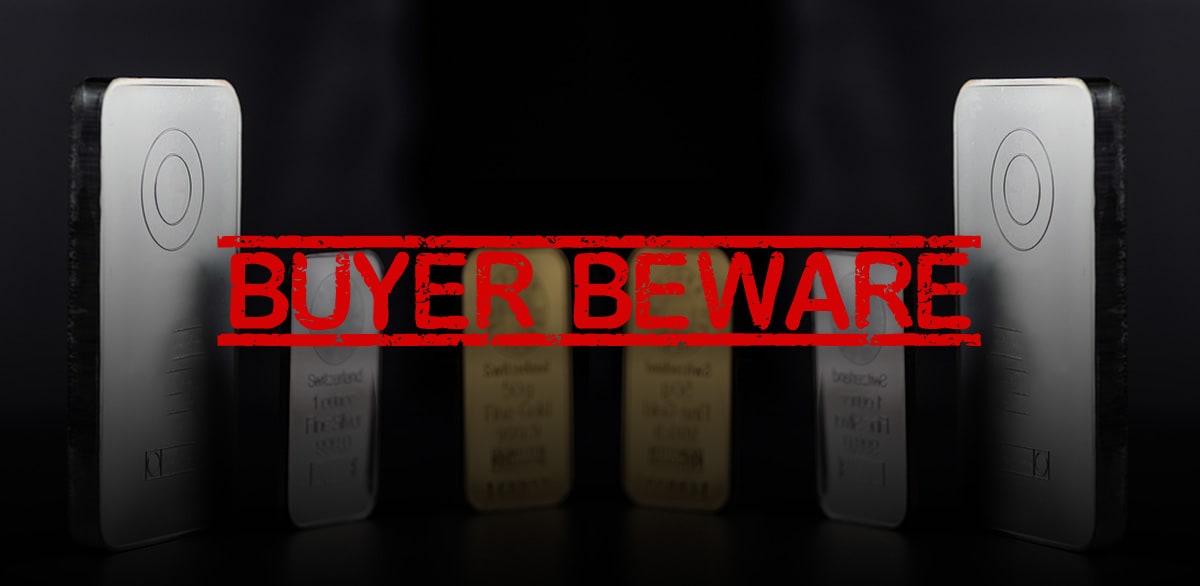“[Investors are] given the story that these [dealer exclusive] coins are going to be worth a fortune someday because of their exclusive mintages. And really, there’s no track record to show that.”– Sr. Precious Metals Advisor Steve Rand
There’s a wave of new investments flooding into the precious metals market as people remain weary of traditional assets. Unfortunately, many first-time gold and silver investors grossly overpay for certain products due to misrepresentation from disreputable coin dealers.
Watch this week’s The Gold Spot to hear Sr. Precious Metals Advisor Steve Rand and Precious Metals Advisor Todd Graf explain these questionable sales strategies, different types of precious metal coins, and how you can protect your wealth when investing in gold and silver.
New Investors, Same Horror Stories
At Scottsdale Bullion & Coin, we’ve heard the same horror story repeatedly of investors being sold so-called “dealer exclusive coins”. People are told these gold and silver coins will be worth a fortune one day due to their exclusive mintage. In reality, these coins are usually only worth their weight in gold or silver. What’s the deal, exactly?
Well, some coin dealers work with government mints – such as the Royal Mint, Royal Canadian Mint, Perth Mint, and others – to produce coinage only sold through their brokerage. The term “exclusive” is intentionally used to give the illusion of rarity and, as a result, inherent value. With hundreds of these mintings sold, there’s no track record of any sizable returns.
Profits on Profits
Coin dealers who employ these deceptive techniques will claim they have the investor’s best interests in mind. The allure of limited supplies and outsized returns is enough to encourage even the most diligent investors to bite. The truth is these dealer exclusive coins are only beneficial to the providers while being detrimental to their customers.
While it’s perfectly normal to place dealer premiums on precious metals, these premiums should remain within a reasonable range. In some instances, investors are paying astronomical premiums as high as 100% of the original price of the product. When diving into the fine print of one disclaimer, we discovered a dealer was applying a profit margin on top of their profit margin!
📌 It’s important to keep in mind that there’s nothing wrong with investing in exclusive coins from Government or Private mints. The key is to ensure you’re working with a reputable and trustworthy dealer that offers fair prices.
Bullion vs Numismatic Coins
The crux of the issue lies in the difference between bullion vs numismatic coins. Bullion coins might come in various iterations, but they’re all essentially worth their melt value. Alternatively, numismatic coins hold inherent value beyond their gold and silver weights due to rarity, historic significance, high demand, and other relevant factors.
Some coin dealers rely on limited minting numbers to parade dealer exclusive coins as numismatic coins when they’re simply bullion coins.
“If you’re buying a bullion [coin]…you should be paying bullion prices.”– Sr. Precious Metals Advisor Steve Rand
When buyers attempt to resell these coins to recoup their losses, they realize there’s no secondary market. They even struggle to receive the spot price, because companies have to invest in melting down the coins to obtain their only value.
Avoid “Too-Good-to-Be-True” Promotions
Dealer exclusive coins trap many investors when they first step foot into the precious metals sphere. Unfortunately, it’s not the only illusory promotion you need to be aware of. Keep an eye out for claims of free gold and silver when working with certain providers. The costs of these “free” assets are applied to other costs.
“You’re always going to be paying, one way or another.”– Precious Metals Advisor Todd Graf
Stay Informed to Stay Protected
Knowledge is the best defense against these misleading sales strategies. Don’t make the mistake of pulling the trigger on bullion coins without first doing your homework. If you’re interested in learning more about these dealer exclusive coins and common red flags, read the resources below.
Watch These Related Videos






